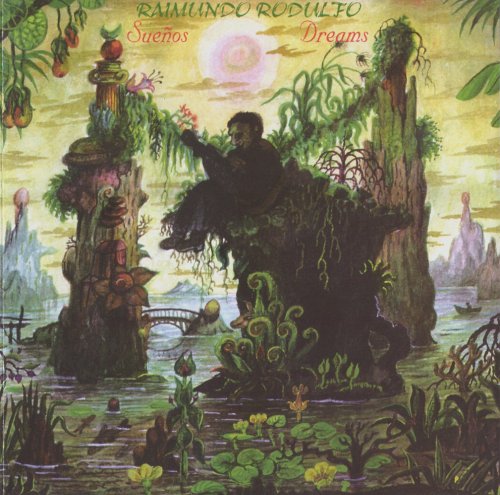Cousin Joe - Bad Luck Blues (1971/2007)
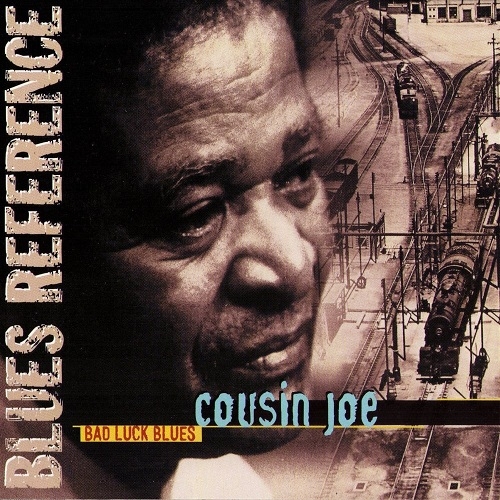
Artist: Cousin Joe
Title: Bad Luck Blues
Year Of Release: 1971
Label: Disques Black & Blue
Genre: Blues, New Orleans Blues, Piano Blues
Quality: Mp3 320 / Flac (image, .cue, log)
Total Time: 51:07
Total Size: 128/323 Mb (covers)
WebSite: Album Preview
Title: Bad Luck Blues
Year Of Release: 1971
Label: Disques Black & Blue
Genre: Blues, New Orleans Blues, Piano Blues
Quality: Mp3 320 / Flac (image, .cue, log)
Total Time: 51:07
Total Size: 128/323 Mb (covers)
WebSite: Album Preview
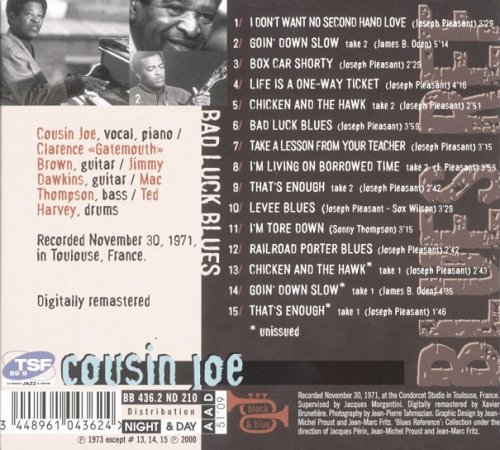
Tracklist:
01. I Don't Want No Second Hand Love
02. Goin' Down Slow
03. Box Car Shorty
04. Life Is One-Way Ticket
05. Chiken And The Hawk
06. Bad Luck Blues
07. Take A Lesson From Your Teacher
08. I'm Living On Borrowed Time
09. That's Enough
10. Levee Blues
11. I'm Tore Down
12. Railroad Porter Blues
13. Chicken And The Hawk
14. Goin' Down Slow
15. That's Enough
Line-up::
Cousin Joe: vocal, piano
Clarence "Gatemouth" Brown: guitar
Jimmy Dawkins: guitar
Mac Thompson: bass
Ted harvey: drums
The tellin' "How Come My Dog Don't Bark at You No More," off the Gospel-Wailing, Jazz-Playing, Rock N' Rollin' Soul-Shouting, Tap-Dancing Bluesman from New Orleans album released in 1974 on Big Bear Records, epitomizes Cousin Joe's classic piano blues style. Joe's a pioneering blues singer born December 20, 1907 in Wallace, LA, 30 miles from New Orleans. His family moved to New Orleans when Joe was 12; he had a religious upbringing (Baptist) but soon hung around and absorbed himself in the jazz played in clubs. Joe took up guitar and ukulele, and made a living playing on the riverboats in the 30's. By 1941, he'd moved to St. Louis to play in Sidney Bechet's band, before shuffling to New York three years later. This was Joe's most fruitful recording period, he waxed many memorable songs during this era under countless names: Smiling Joe, Pleasant Joe, Brother Joshua, and Cousin Joe. The blues man recorded for a myriad of labels too, including King, Gotham, Philo, Savoy, and Decca. In NY, he worked with stars like Billie Holiday, Charlie Parker, Earl Bostic, Clark Terry, Lightnin' Hopkins, and others. He returned to New Orleans in 1947 and found employment in the clubs and joints in the '50s and '60s with an occasional European tour thrown in to break the monotony. He spent the '70s in semi-retirement. Joe's first singing gig was at the ripe old age of seven, hustling offerings in church. He would do his little thing and the pastor would ask for another offering for Joe. The gig ended a year later when Joe refused to join the church. As 17-year-old Smiling Joe, he played the fish fries held in peoples' backyards on Saturday nights; they served other food, but call them fish fries because the catfish cake was the most popular dish. He stayed Smiling Joe for 37 years, a woman named him that because he always smiled. At 21, he hustled the streets with two dancers as Hats, Coats, & Greens, Hats & Coats hoofed their tails off while Smiling Joe picked his ukulele; the people went crazy and threw money at their feet. Louis Prima liked the act and wanted to take them to New York, but Joe's mother squashed that. Joe eventually made it to New York and stayed three or four years. He almost landed a gig with the Ink Spots as Deek Watson's replacement, but their manager didn't think he fit the image. He got the name Cousin Joe from Danny Barker who played in Cab Calloway's band. Barker introduced Joe to Clarke Monroe as "Cos" -- short for cousin. Monroe was the only Black to own a club on 52nd St. -- the Spotlight -- the name stuck longer than Smiling Joe. He put his guitar and ukulele down for good in New York and pawned them both; he felt he couldn't compete with the great blues guitarist. Returning to New Orleans he performed steadily until 1973, when he retired to collect his social security checks. Evidently, the Social Security Administration didn't know about his juke gigs and European tours, because Joe kept that activity on the down low and under the table. Prior to B.B. King's crossover success, many regarded Cousin Joe as the greatest blues singer. He died at the ripe old age of 82, on October 2, 1989.
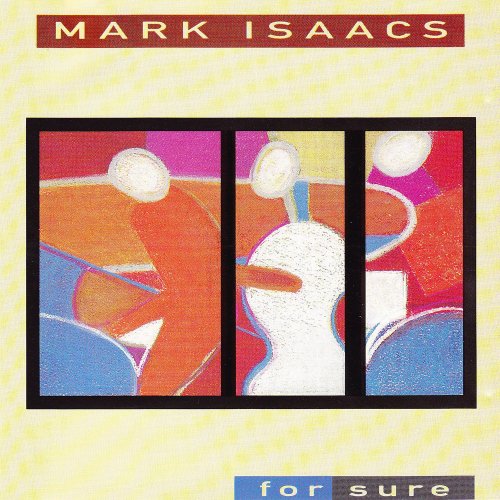
![David Hillyard & The Rocksteady Seven - Home For Dinner (2026) [Hi-Res] David Hillyard & The Rocksteady Seven - Home For Dinner (2026) [Hi-Res]](https://img.israbox.com/img/2026-02/19/i90pm6wt5icib19ylzpzq7dyv.jpg)
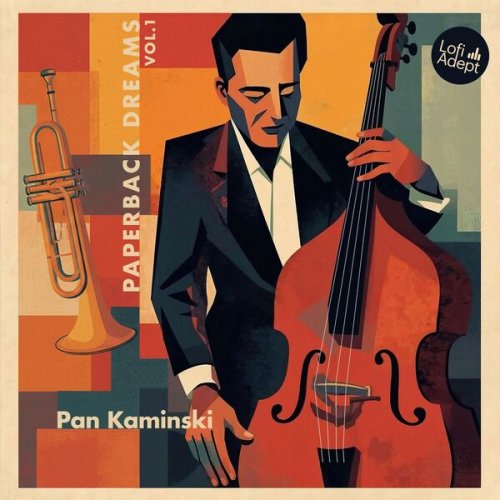
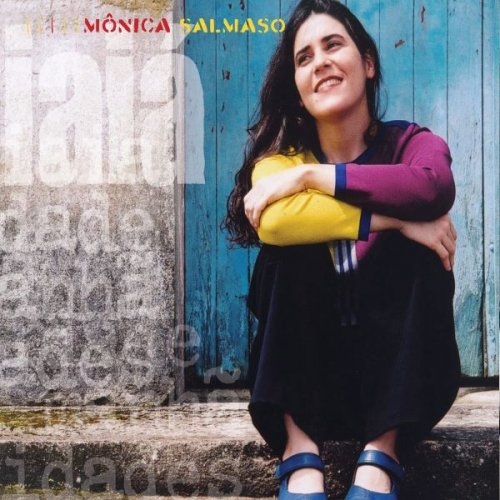
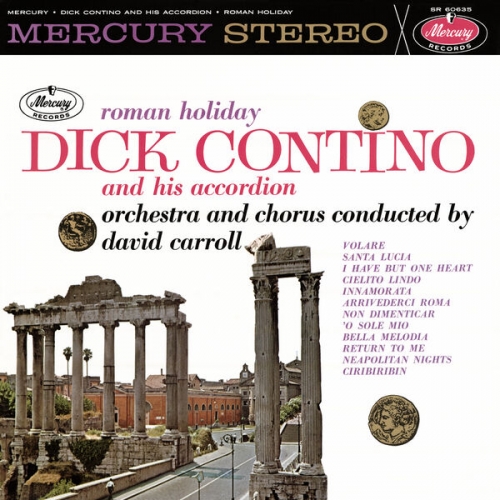
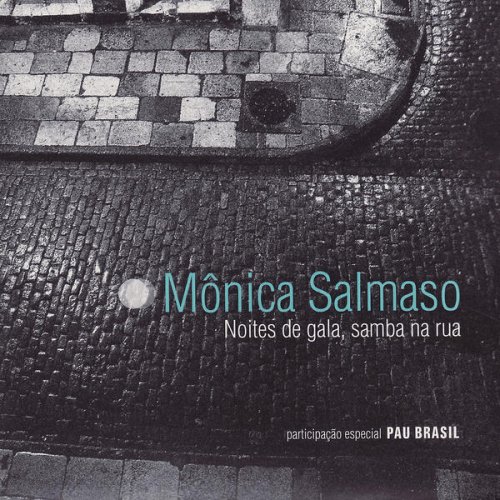
![Anna Kolchina - Reach for Tomorrow (2026) [Hi-Res] Anna Kolchina - Reach for Tomorrow (2026) [Hi-Res]](https://img.israbox.com/img/2026-02/19/quc4em3qn6fgke1rwewkbdxg5.jpg)
![Karsten Vogel - Late Night Ballads (2026) [Hi-Res] Karsten Vogel - Late Night Ballads (2026) [Hi-Res]](https://www.dibpic.com/uploads/posts/2026-02/1771430081_n5uklrl79ymhl_600.jpg)
